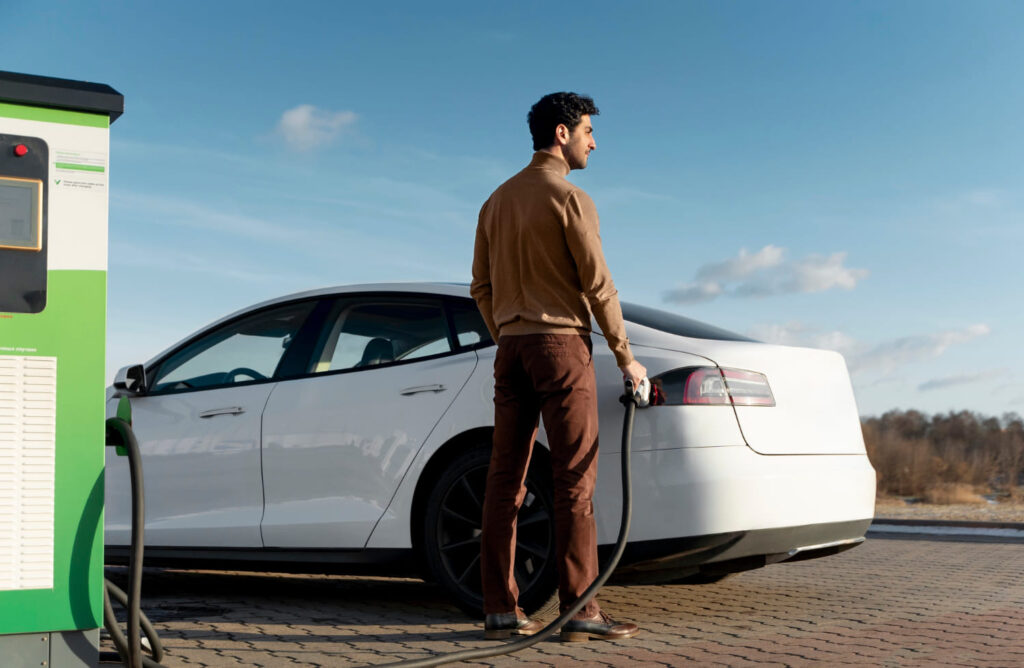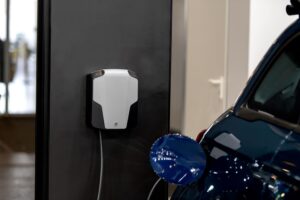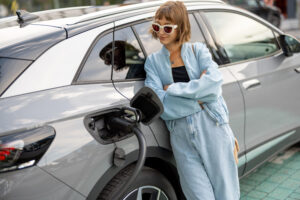As climate change concerns become more urgent, the global transportation industry recognizes the need to reduce carbon emissions. The electric vehicle (EV) market has emerged as a key player in this effort, with its potential to revolutionize mobility.
Australia, known for its natural beauty and diverse landscapes, has seen an increase in the adoption of electric transportation. Ahead, we will explore the current state of EV market in Australia and the promising future of sustainable mobility in the land Down Under.
EV uptake overtakes 78,000 vehicles in Australia
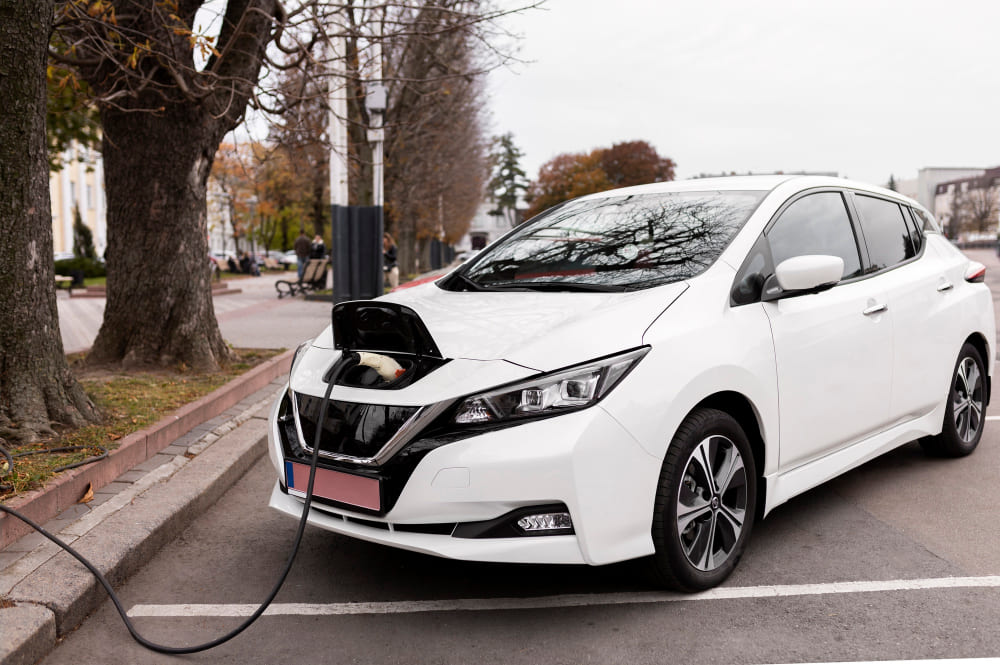
The Q2 of 2023 has shown how much the current state of EV market sales in Australia has surged.
In January, a survey showed that the Australian automotive market witnessed a promising start to the year, as electric vehicles (EVs) accounted for 4,852 sales—that’s 5.7% of all vehicle sales!
This positive trend continued into February, with EVs representing 6.8% of total sales, amounting to 5,932 units sold. These figures are significant considering the total of 88,878 vehicles sold during that month.
The surge in EV demand has led to a substantial increase in the overall EV fleet, which now stands at 78,479 battery electric vehicles, including 10,784 units sold in 2023 thus far.
EV sales breakdown by state
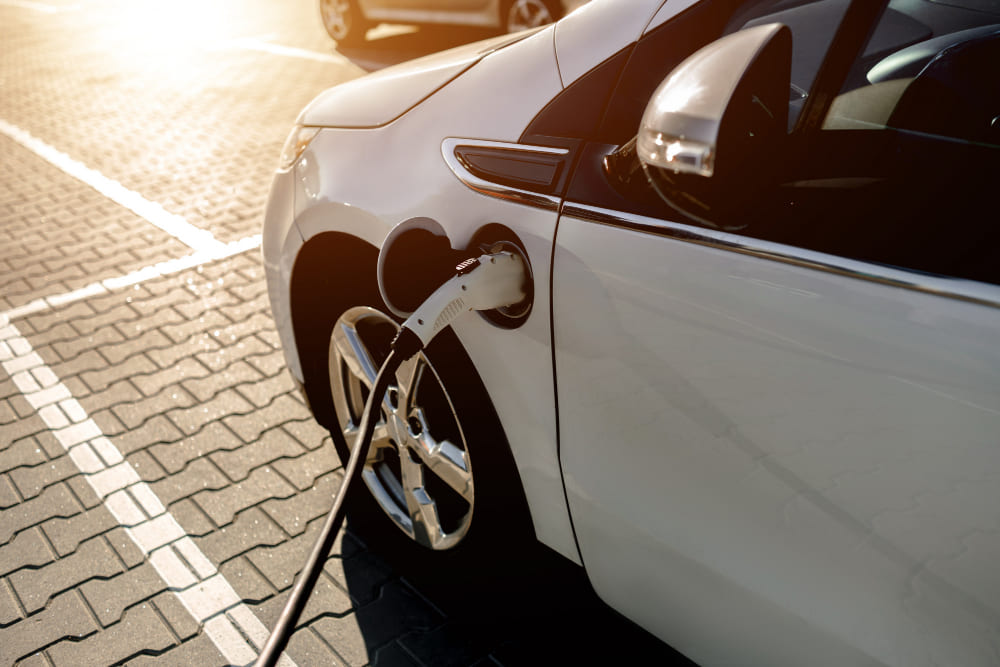
The sales of EVs in Australia vary across different states. The Australian Capital Territory (ACT) stands out with an 18.9% market share, the highest. Meanwhile, New South Wales topped the chart with the highest number of EVs sold—6399 units.
Check out the details of states with the lowest to the highest sales numbers below:
- Northern Territory: 43, 2.% market share
- Tasmania: 295, 6.5% market share
- South Australia: 787, 4.4% market share
- Australian Capital Territory: 838, 18.9% market share
- Western Australia: 1524, 5.5% market share
- Victoria: 3621, 5.3% market share
- Queensland: 3892, 6.5% market share
- New South Wales: 6399, 7.6% market share
EV sales by model
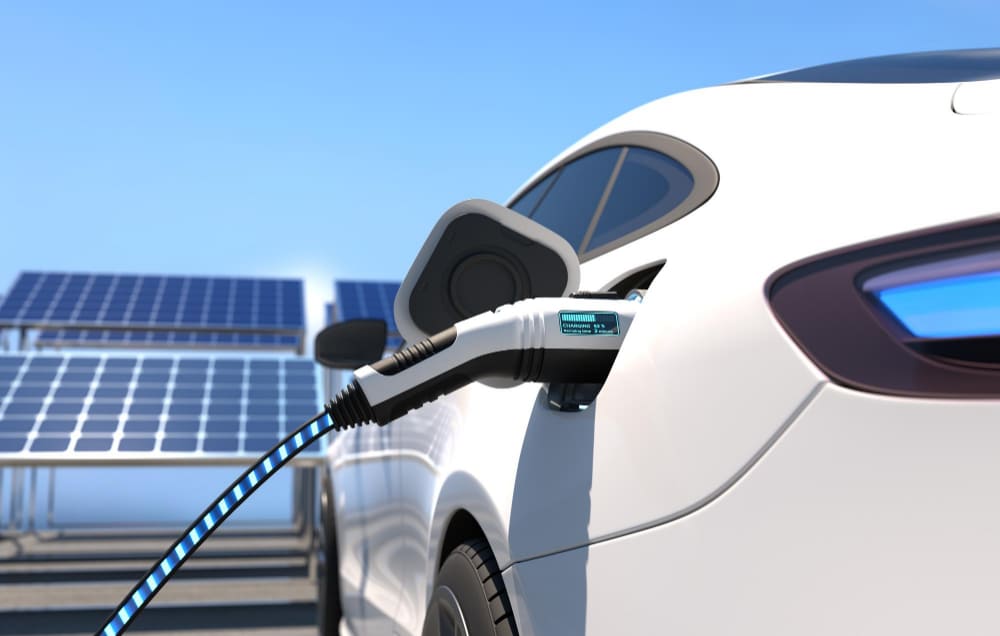
By Q2 2023, Tesla has emerged as the dominant player in the Australian EV market, capturing a substantial 58.70% market share this Q2. Its popular models, the Model 3 sedan and Model Y SUV, have played a significant role in this achievement.
Remarkably, the Model 3 has become the top-selling passenger car nationwide, with 8819 units sold, surpassing other popular passenger cars like the Hyundai Kona EV, Hyundai Ioniq 5, and Nissan Leaf.
Additionally, the Model Y has established its supremacy in the mid-sized SUV segment, with 5264 units sold, priced above $60,000, outperforming other electric cars such as the Audi E-Tron and BMW iX.
Another noteworthy contender is BYD, which secured the third position in the model charts by selling 3,216 units of its Atto 3s in Q2, surpassing its Chinese competitor MG, which sold 1124 of its ZS model.
Check out the top ten electric car sales in 2023 (YTD) below:
- Tesla Model 3: 8819
- Tesla Model Y: 5264
- BYD Atto 3: 3216
- Volvo XC40 Recharge: 1178
- MG ZS EV: 1124
- Polestar 2: 670
- Volvo C40: 369
- Kia EV6: 277
- BMW iX: 255
- Hyundai Ioniq 5: 245
What do consumers need to make the switch?
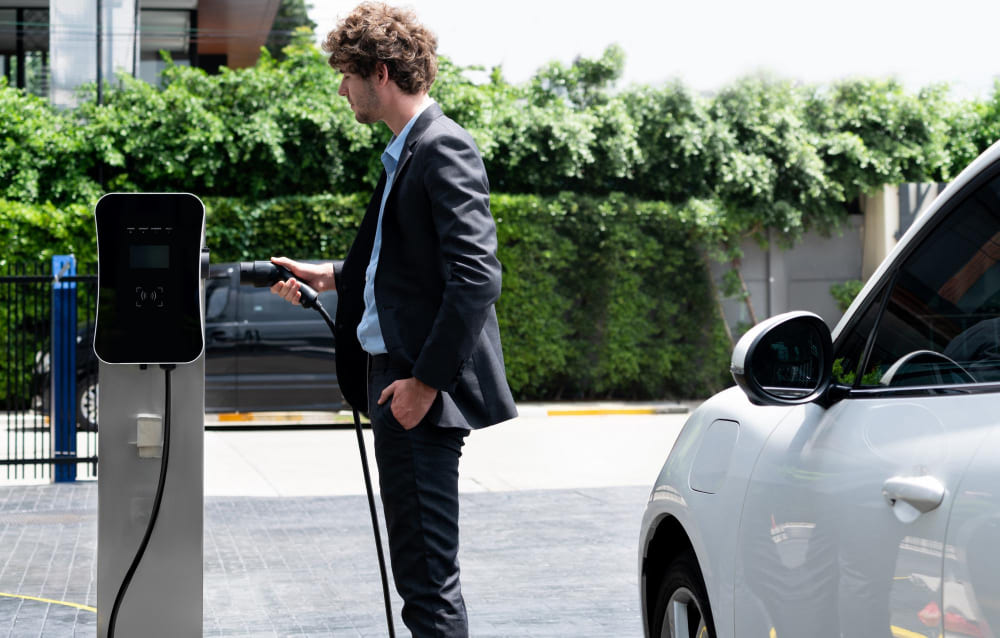
Australia has shown some signs of advancement in the shift towards electric vehicles (EVs), but it still trails behind many other countries worldwide.
In 2022, EVs constituted 3.8% of all new vehicle sales in Australia, falling short of the global electric vehicle market average of 4.6%. Although the progress is visible, there is room for further growth and adoption of EVs to align with international trends.
So, what do consumers need to transition to electric vehicles?
Since Australia had 293 fast charging stations and 1,580 regular charging stations as of January 2022, the Federal Government aims to upgrade the EV charging infrastructure by installing charging stations approximately every 150km along Australia’s main roads over the next five years.
Moreover, with EVs being sold at relatively higher prices than their internal combustion engine (ICE) counterparts, a range of EV subsidies, incentives, and industry collaborations are hopefully being implemented.
These approaches will result in more motivation to purchase an EV vehicle instead of an ICE.
Frequently Asked Questions
Why are EV stocks declining?
Possible reasons for the decline in EV stocks include changing market sentiment, overall stock market fluctuations, industry competitiveness concerns, regulatory uncertainties, supply chain challenges, investor preferences, government policies, and individual company performance.
Who is leading the EV market?
Tesla leads the EV market with its advanced technology, range of EV models, and extensive charging infrastructure. While facing increasing competition, Tesla remains at the forefront due to its strong brand presence and commitment to innovation.
Will EV stocks ever recover?
Yes, they will. According to a report, the global EV market is projected to experience a 22.5% compound annual growth rate from 2022 to 2030.
Conclusion
In conclusion, the current state of the electric vehicle market in Australia reflects steady progress, with an increasing adoption rate and evolving infrastructure. However, there’s still ample room for growth and improvement to get electric transportation’s benefits fully.
With the government’s plans for expanding charging infrastructure, implementing subsidies and incentives, and collaborating with vehicle manufacturers, the future of electric transportation in Australia holds great potential.
As the electric vehicle industry resumes to advance and consumer awareness grows, the EV market is expected to thrive, paving the way for a more sustainable and environmentally friendly transportation landscape in the country.
If you’re interested in taking part in switching to electric vehicles by doing EV adoption, visit Kilowatt Cars. We provide top-quality, used, affordable EVs so that you can contribute to looking after the planet’s future while still getting reliable, comfortable, and fun transport.
